STILLS OF PEACE
AND EVERYDAY LIFE Ed.XI
Italy and Mexico: Global Humanity
Jul 6 – Sept 8, 2024 / ATRI (TE) – PESCARA




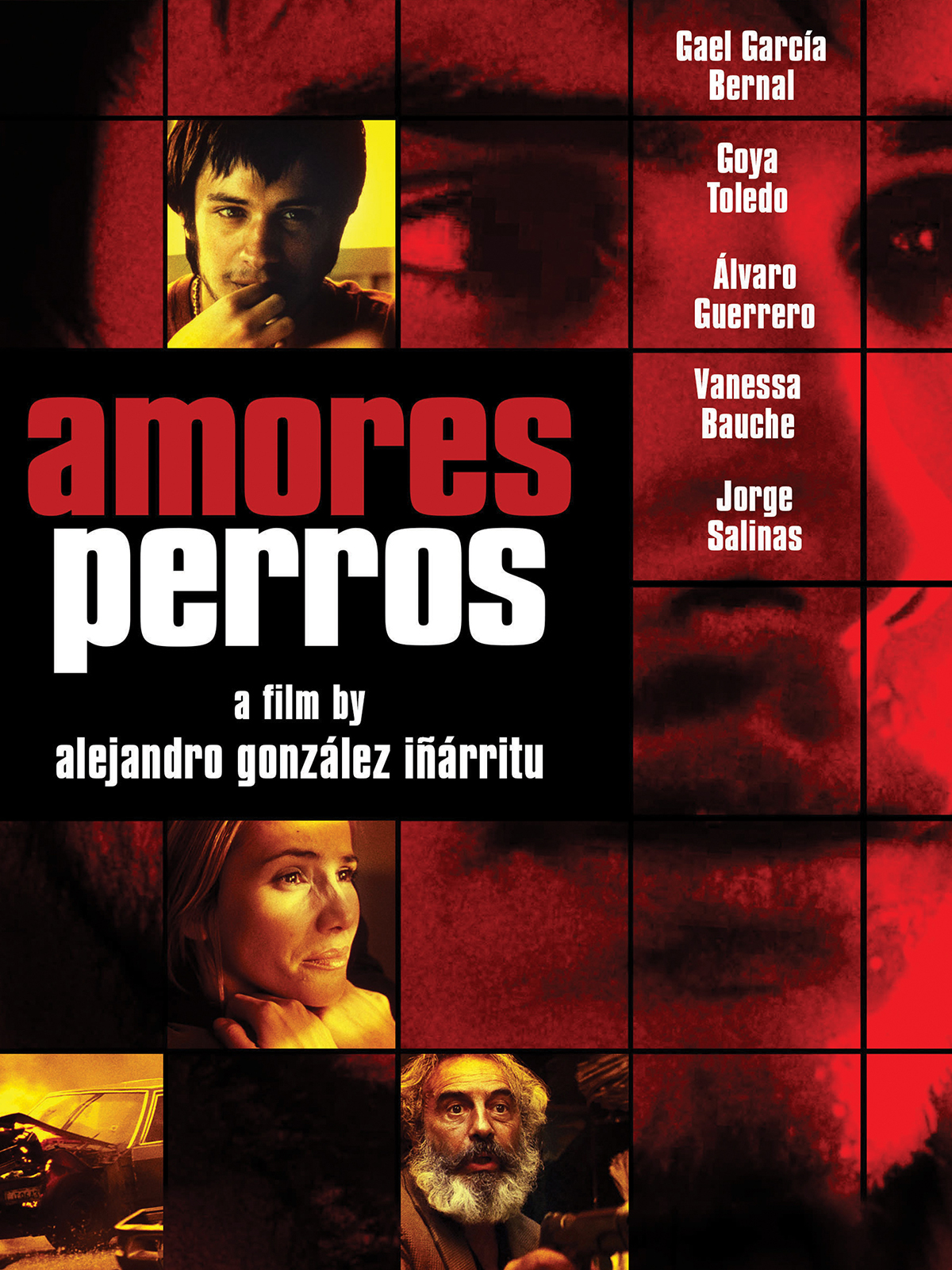
Monday 8 July – 9 p.m.
Amores perros (2000) di Alejandro González Iñárritu
The masterpiece that introduced Iñárritu to the general public is the first chapter of the death trilogy, continued with 21 grams and Babel. Three stories intersect against the backdrop of a convulsive Mexico City. The young proletarian Octavio, in love with Susana, the teenage wife of his violent criminal brother, sets out to run away with her and tries to scrape together the necessary money by introducing his dog into an underground fighting ring: but this is only the beginning. The Mexican filmmaker’s is a tough, violent, disenchanted, angry, bitter, desperate debut. Adjectives that for the director constitute the pieces of the puzzle of a megalopolis, Mexico City, which has as many contradictions as its more than twenty million inhabitants.

Monday 15 July – 9 p.m.
Roma (2018) by Alfonso Cuarón
Already from the plot, Rome (winner of the Golden Lion at Venice) is rather unusual. There is a story – understood as a succession of events, although for large stretches not much happens – but ‘seeing how it ends’ is not the most important thing. The film is about a 1970s Mexican family living in Colonia Roma, a neighbourhood in Mexico City, and it does so through the point of view of Cleo, the family’s maid and nanny. Cuarón has spoken of it as a semi-autobiographical film, composed mostly of scenes he remembers from his childhood. Roma is a personal film but full of references and links to social issues about Mexico in those years. Various critics have highlighted different themes in the film: it has been spoken of as an ‘ode to matriarchy’ but also as a ‘vivid portrait of internal conflicts and social hierarchy at the time of political unrest’.
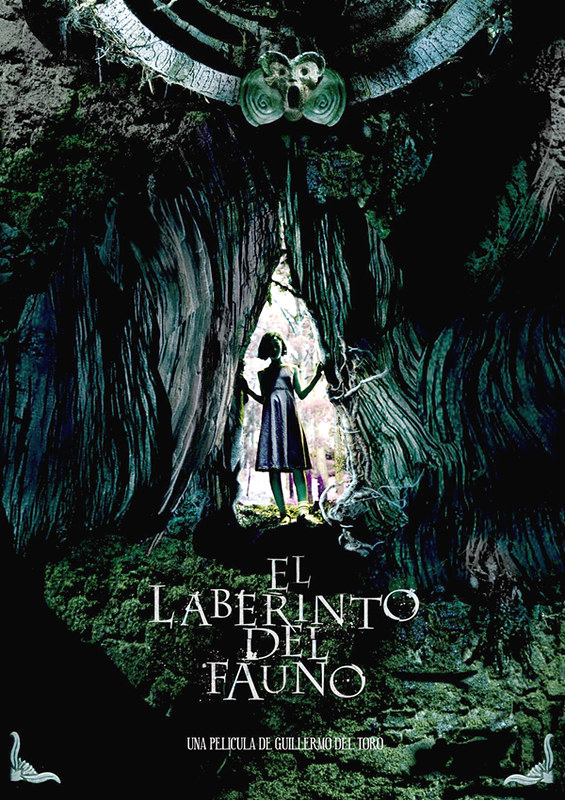
Monday 22 July – 9 p.m.
Il labirinto del fauno (2006) by Guillermo Del Toro
In Franco’s Spain, the young Ofelia will have the chance to pursue the fairy-tale world she has dreamed of. She will meet a faun and fairies, but how much of what she will see will be real? From the inspiration of Mexican director Del Toro could only come a work so beautiful, so fascinating, but at the same time so brutal. Without the means of the mega US productions (to which the director occasionally arrives) but with an accuracy and sensitivity that often eludes those production dimensions, Del Toro speaks to us of abuses and innocence, of the search for an ‘other’ world in which to find peace without renouncing his own integrity as a human being in the making.
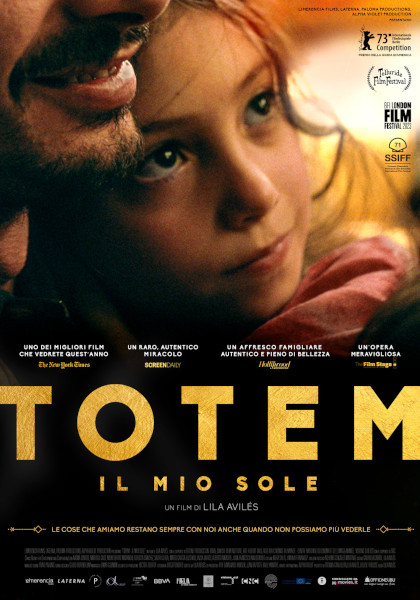
Monday 29 July – 9 p.m.
Totem – My sun (2023) by Lila Avilés
The sun illuminates the earth, we know this well. Its light and warmth are generators of life. And just like the name she bears, seven-year-old Sol brings light and warmth to everyone she meets, first and foremost her family. She is unaware, however, that her father is facing the terrible ordeal of an increasingly debilitating cancer, with all the consequences this brings to the large family living in the manor house and preparing for the man’s birthday party. Sol’s light becomes all the more necessary to make the difficult moment the family is facing less dark. Collective liturgies and individual rituals: the second work by the Mexican Lila Avilés moves between the magical and the esoteric, in a close bond with the earth and the eternal cycle of life and death.
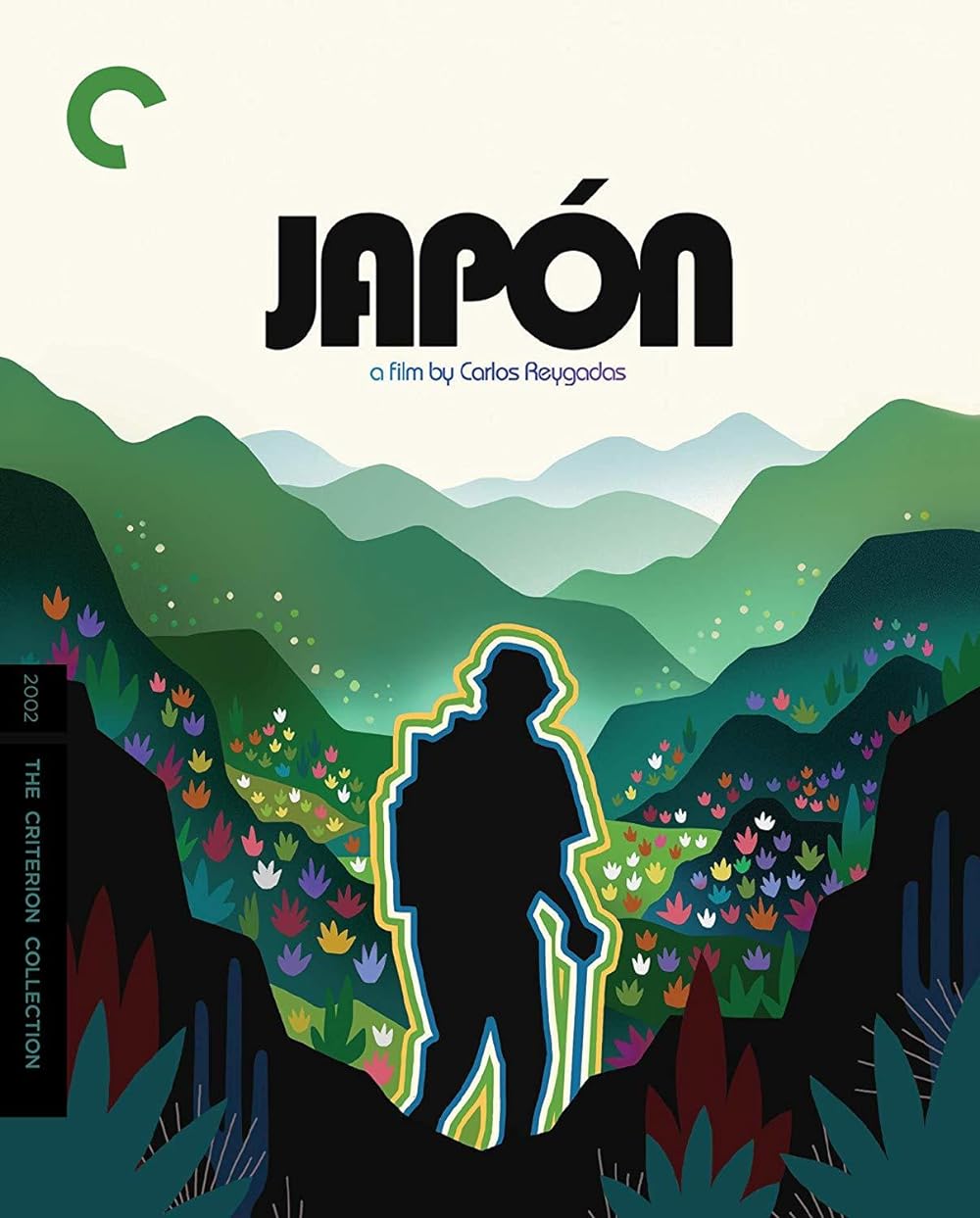
Monday 5 August – 9 p.m.
Japón (2002) by Carlos Reygadas
Camera d’or 2002 at Cannes, a first feature directed by a Mexican director who loves the cinema of Andreij Tarkovskij. The story of a man who abandons Mexico City to prepare to die far from the metropolis might be commonplace considering that it features a wise old woman who lives in contact with Nature. But it is not so because Carlos Reygadas’ gaze knows how to be original despite the declared source of inspiration.
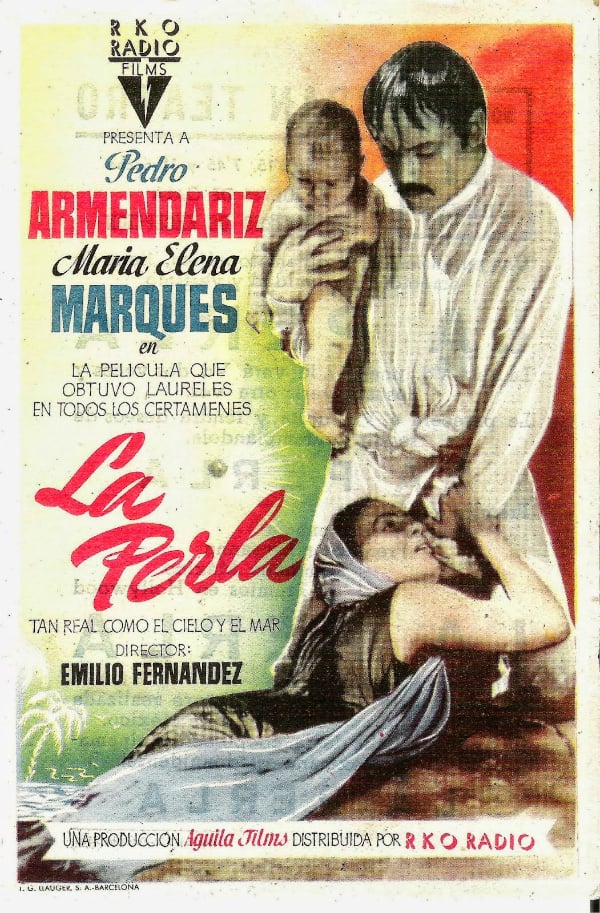
Monday 19 August – 9 p.m.
La perla (1947) di Emilio Fernandez
Based on a novel by John Steinbeck and awarded at Venice, embellished by Gabriel Figueroa’s black and white photography, the film tells the story of a fisherman who dreams of one day finding the pearl that would enable him and his family to escape poverty. The dream comes true, but the news arouses the greed of the man’s fellow villagers. Fernandez has a fiery vision, now hieratic, now melodramatic, of a reality that must be transfigured at all costs, even in spite of solid consistency.
